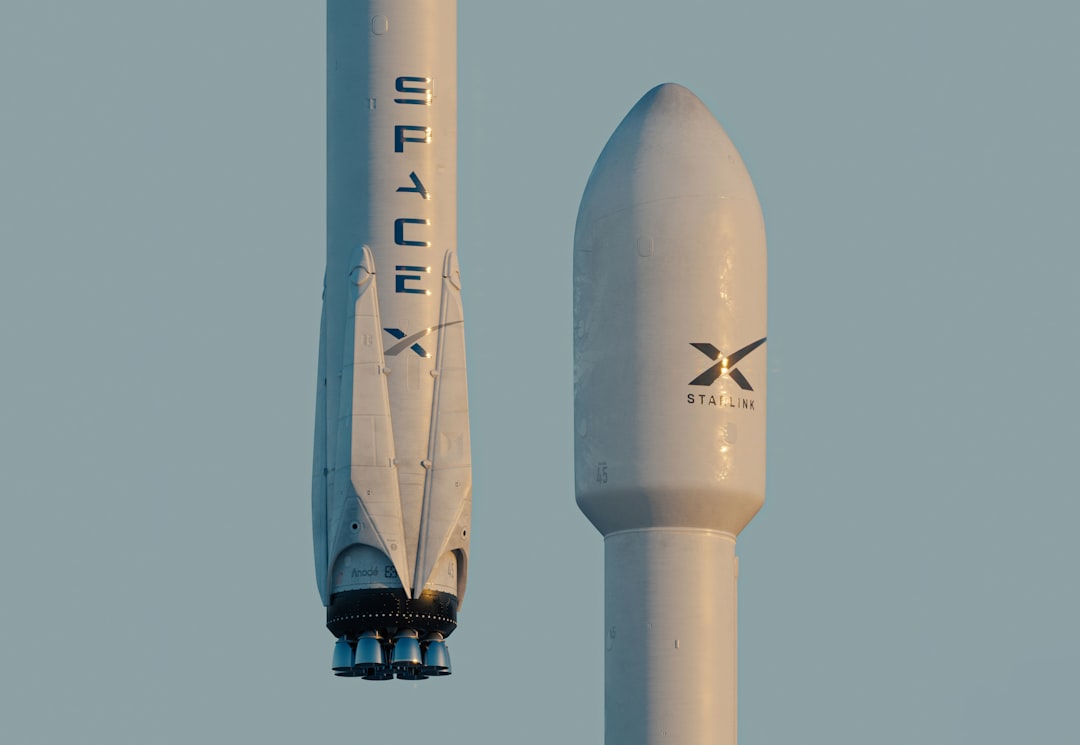Elon Musk Needs Some Quality Foreign Policy Advisors
The problem is that Musk neither wants nor values such expertise.
Elon Musk was in the news yesterday. That’s because Elon Musk is in the news almost every day. That’s what happens when you are one of the richest, most contrarian dudes on the planet.
For the past year Musk has seemed hell-bent on converting a useful social media site into a dumpster fire. In 2023 Musk has worked hard to destroy brand value. His response to his multiple missteps — blaming it all on the Anti-Defamation League and (empty) threatening to sue the ADL — seems on brand for him, by which I mean really fucking stupid. As Vox’s Zack Beauchamp noted this week, “Whether or not Elon Musk ‘is’ an antisemite is immaterial. What matters is that his actions are making antisemitic ideas and habits of thought more acceptable on his social media site and among his legions of devoted fans.”
The hard-working staff here at Drezner’s World, while concerned about Musk enabling autocrats and anti-Semites, is more concerned with Musk’s influence over world politics. Last Month the New Yorker’s Ronan Farrow published a big piece on Musk’s sway over some dimensions of American foreign policy. It was a disturbing read!
“Even though Musk is not technically a diplomat or statesman, I felt it was important to treat him as such, given the influence he had on this issue,” [Undersecretary of Defense for Policy Colin] Kahl told me. SpaceX, Musk’s space-exploration company, had for months been providing Internet access across Ukraine, allowing the country’s forces to plan attacks and to defend themselves. But, in recent days, the forces had found their connectivity severed as they entered territory contested by Russia. More alarmingly, SpaceX had recently given the Pentagon an ultimatum: if it didn’t assume the cost of providing service in Ukraine, which the company calculated at some four hundred million dollars annually, it would cut off access. “We started to get a little panicked,” the senior defense official, one of four who described the standoff to me, recalled. Musk “could turn it off at any given moment. And that would have real operational impact for the Ukrainians.”….
On the phone with Musk from Paris, Kahl was deferential. According to unclassified talking points for the call, he thanked Musk for his efforts in Ukraine, acknowledged the steep costs he’d incurred, and pleaded for even a few weeks to devise a contract. “If you cut this off, it doesn’t end the war,” Kahl recalled telling Musk.
Musk wasn’t immediately convinced. “My inference was that he was getting nervous that Starlink’s involvement was increasingly seen in Russia as enabling the Ukrainian war effort, and was looking for a way to placate Russian concerns,” Kahl told me. To the dismay of Pentagon officials, Musk volunteered that he had spoken with Putin personally. Another individual told me that Musk had made the same assertion in the weeks before he tweeted his pro-Russia peace plan, and had said that his consultations with the Kremlin were regular.
Dealing with a capricious billionaire can be a challenge for governments. That context makes the revelations from Walter Isaacson’s forthcoming biography of Musk even more disconcerting.
Keep reading with a 7-day free trial
Subscribe to Drezner’s World to keep reading this post and get 7 days of free access to the full post archives.


